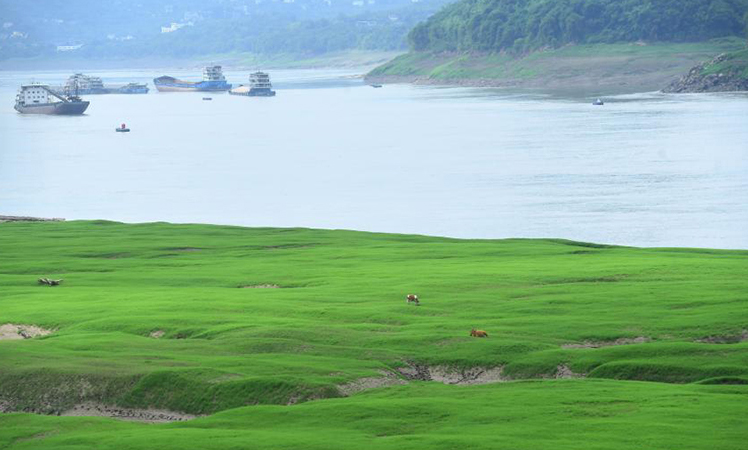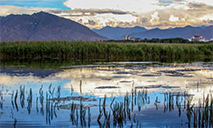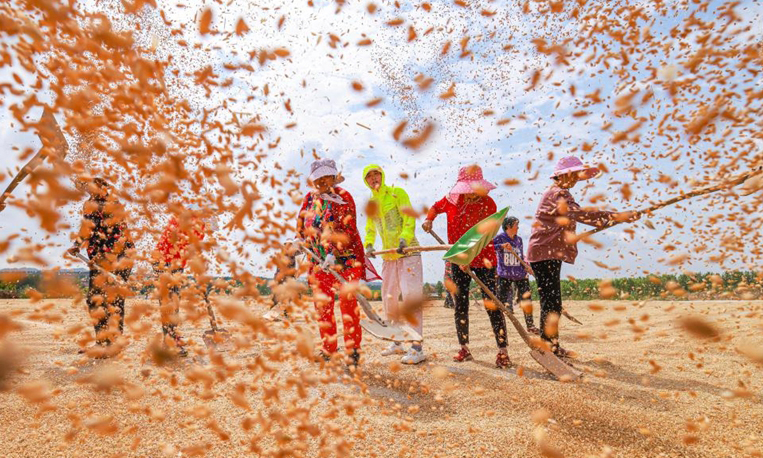Rose plantation boosts income of locals in southern Xinjiang
URUMQI, June 16 (Xinhua) -- Azizi Turkhon, a native of Yutian County in southern Xinjiang, burst into a rosy smile as he described his current life.
"Rose has not only increased our income but it has also improved the quality of our lives," said 32-year-old Azizi Turkhon.
Rose is now embedded in almost every aspect of the life of local residents. "My wife uses locally produced rose facial masks, and my children wash hands with rose soaps," he added.
Located on the southern edge of China's largest desert, the Taklamakan, Yutian County in Hotan Prefecture has a long rose plantation history.
Hotan rose is a variant of the Damascene Rose, and was introduced to Xinjiang through the ancient Silk Road route thousands of years ago. The small flower has become a driving force of the local poverty alleviation and rural revitalization efforts over the past decades.
Born in a small village in Yutian, Azizi Turkhon manages a rose garden covering an area of 10,000 mu (about 666.7 hectares) and has practically seen how the flowering shrub transformed his native county.
"Rose planting is relatively simple. Only one sowing followed by regular field management will guarantee quite a stable harvest," Azizi Turkhon said.
Every hectare of rose can yield a handsome income of about 45,000 to 60,000 yuan (about 6,706 to 8,942 U.S. dollars), which is "more profitable than growing other crops."
According to the local government, more than 2,667 hectares of roses are now planted in Yutian, paving way for a rosy future for local residents.
"Since its establishment in 2012, our company has generated more than 50 million yuan in income for local farmers and has created jobs for over 1,000 households," said Gao Haiying, general manager of a rose biotechnology company in Yutian.
Ma Teng, manager of a local rose planting demonstration park, said that they have developed numerous rose products such as rose jam, rose naan, rose moon cakes, as well as essential oils, facial masks, soaps and other daily necessities with rose extracts.
"With the increasingly improved infrastructure facilities, our products can be sold to first-tier cities such as Beijing and Shanghai, boosting the income of local farmers," Azizi Turkhon said.
Photos
Related Stories
- China opens last section of rail loop around its largest desert
- China to complete railway skirting largest desert
- US, primary spreader of disinformation, manipulates propaganda machine for own gains under guise of ‘freedom, human rights’
- More countries support China on Xinjiang amid US-led clique’s siege
- China to complete world’s first railway loop around a desert in Xinjiang
Copyright © 2022 People's Daily Online. All Rights Reserved.









